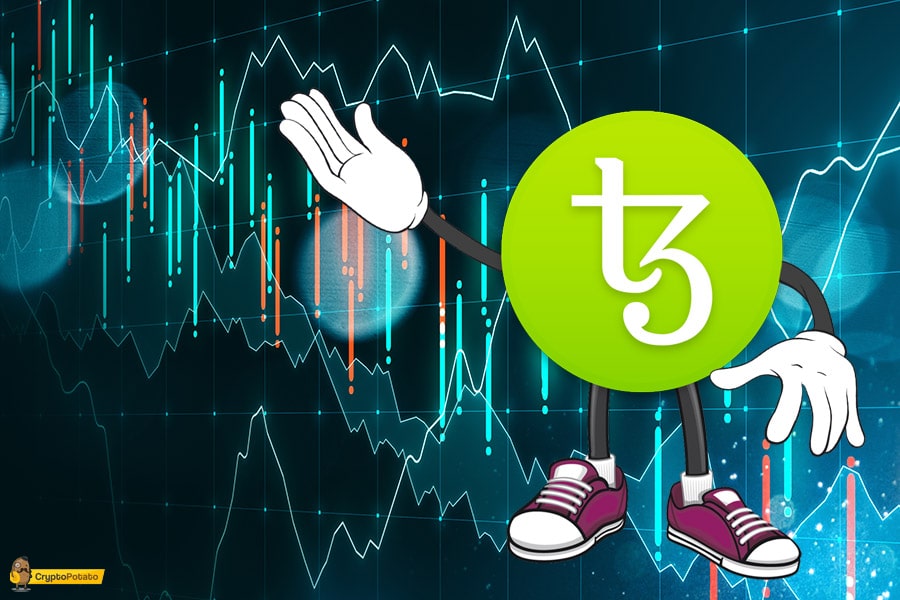XRP Holders Get Investors Class Status But Ripple Contests Conflicting Expectation
The Howey test for security relies on the buyer’s expectations to an extent. This is a major bone of contention when it comes to the 2018 class action surrounding the sale of XRP, which precedes the SEC’s lawsuit against blockchain firm Ripple.
The investor class, in this case, was recently granted certification in a crypto securities lawsuit against the company over XRP losses incurred by the plaintiffs. Ripple CEO Bradley Garlinghouse, along with its subsidiary ‘XRP II,’ contested the certification.
However, Judge Phyllis J. Hamilton of the US District Court for the Northern District of California asserted that the class met the four requirements for certification, allowing the lawsuit to proceed.
Dispute Regarding Class Status Granted to Ripple Investors
The lawsuit in question claims that the San Francisco-based Ripple Labs engaged in a scheme to raise hundreds of millions of dollars by selling XRP to retail investors, deeming the action as a violation of federal and state securities laws. The plaintiffs argue that XRP should be considered an unregistered security.
The lead plaintiff reportedly purchased and sold XRP only during a two-week window in 2018. The declaration stated that he expected the token’s price to increase based on Ripple’s efforts, which is a key inquiry in the Howey test. XRP purchasers, on the other hand, submitted amicus briefs in the SEC case claiming entirely different expectations about the tokens, according to the defense brief.
Defense lawyers, hence, argued that the “fundamentally conflicted class” cannot be certified because the class representative is not competent to represent the interests of XRP buyers who dispute the entire premise of the case.
A similar sentiment was echoed by John Deaton of The Deaton Law Firm, who reiterated other Ripple lawyers’ views. As per the Attorney, the lead plaintiff cannot represent the interests of class members who “totally disagree” with his claims.
Stronger Case Against Ripple?
The certification is a crucial milestone for the plaintiffs as the court has enabled them to proceed collectively, presenting a stronger case against the fintech firm. Deaton, for one, believes the class action could end up being “obviated” by the SEC case.
If XRP is deemed a security, not only will the sellers be implicated in the entire affair, but the token buyers also face potential harm.
Hamilton asserted that the Howey test is objective while adding that it’s up to the courts to decide the security claim. The judge further added that “the merits issue of whether XRP is a security will be the same for all class members, regardless of individual member’s expectations.”
The post XRP Holders Get Investors Class Status But Ripple Contests Conflicting Expectation appeared first on CryptoPotato.









